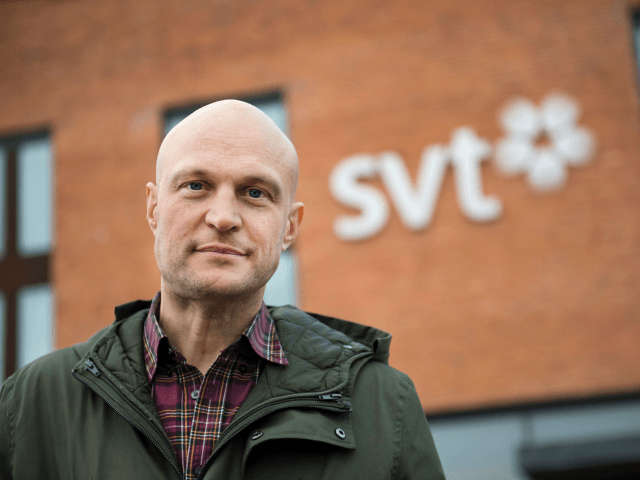Swedish journalist Fredrik Önnevall, an employee of public broadcaster SVT, has been convicted of human trafficking after bringing a migrant to Sweden but will still get to keep his job.
Önnevall, along with members of his crew, was found guilty this week in Sweden’s supreme court of people smuggling, Nyheter Idag reports.
While on assignment for the broadcaster in Greece in 2014, he smuggled a 15-year-old Syrian boy across multiple European countries and into Sweden.
“The transport from Greece to Sweden went through several countries where the refugee had been able to seek asylum. In addition, some planning took place during the journey,” the court wrote in its judgement and sentenced all involved to fines and conditional sentences.
The journalist and his crew were initially found guilty in a district court and the supreme court ruling ends their appeals against the initial verdict. But despite this, the public broadcaster has said that Önnevall will be welcome to continue on in his role at the company.
“SVT agrees with the team that they abandoned their journalistic mission in this case, but they ended up in a difficult situation and acted on humanitarian grounds and not for their own gain,” wrote Sabina Rasiwala, HR and Communications Director at SVT, in a press release.
Rasiwala also added that the broadcaster would be paying for the legal fees of those involved if need be saying, “We have a responsibility to them because we chose to broadcast the series of programmes where they portrayed what happened. It is not, therefore, that SVT takes a stand in the debt issue, but that we take responsibility for broadcasting the programme.”
The case also comes only days after Sweden’s largest human trafficking case in which six Bulgarian nationals were convicted of smuggling migrants into Sweden and forcing them to beg on the streets. The Bulgarians, who were all related, managed to send millions of euros home to Bulgaria as a result of their operations.

COMMENTS
Please let us know if you're having issues with commenting.